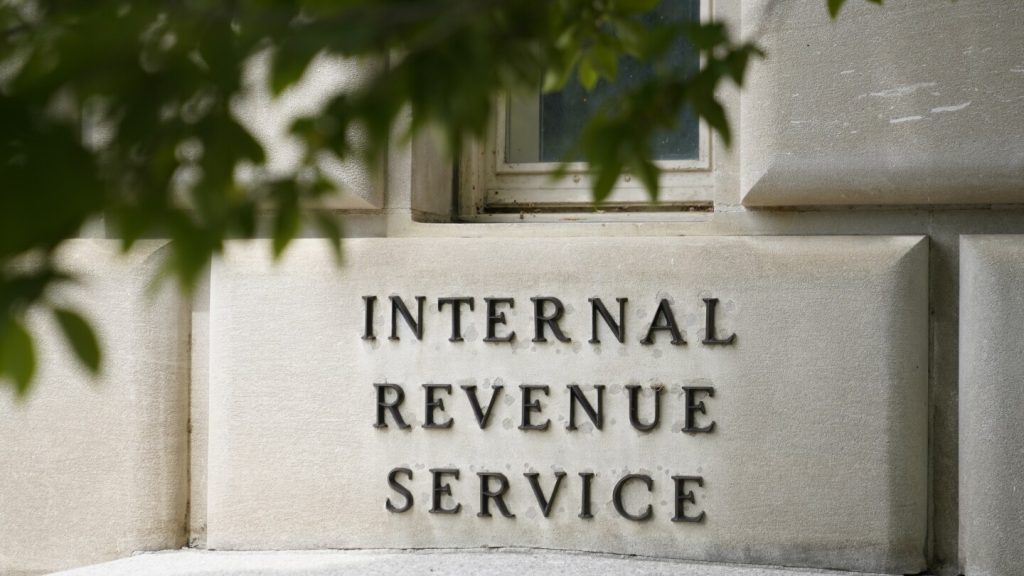In a major divide over tax policy and financial transparency, Joe Biden and Donald Trump have conflicting ideas on how to govern and boost the economy. Biden plans to release his income tax returns on Tax Day and has proposed tax hikes on the wealthy to reduce the federal deficit and fund programs for the poor and middle class. Trump, on the other hand, has argued against disclosing his tax data and believes in keeping taxes low for the wealthy to stimulate investment and create more jobs in the recovering economy.
The expiration of Trump’s tax cuts in 2025 presents a challenge for whoever wins the November election, with decisions looming on how much people across income levels should pay as the national debt continues to rise. Biden aims to keep most of the tax breaks but has proposed tax increases on the wealthy and corporations to generate revenues and reduce deficits over the next decade. He criticized Trump’s tax cuts for adding significantly to the national debt, and hopes to let them expire if elected president.
Trump has called for higher tariffs on foreign goods and vowed to advocate for more tax cuts to lower the national debt. However, economists doubt that Trump’s tax cuts alone could balance the debt, with some warning that his policies could slow growth and increase inflation. Biden’s proposals include a “billionaire minimum income tax” targeting wealthy individuals like Trump, who has faced scrutiny for paying a low rate of federal income taxes and for delayed IRS audits during his presidency.
While Biden has publicly released over two decades of his tax returns, Trump has been reluctant to do so, citing ongoing IRS audits. Trump’s finances recently received a boost from the debut of Trump Media, but legal judgments in civil fraud cases have put him on the hook for hundreds of millions of dollars. A New York judge found instances of fraud within the Trump Organization’s financial records, further adding to the controversy surrounding Trump’s finances. The differing approaches to tax policy and financial transparency highlight the contrasting visions of governance between the two presidential candidates.
The upcoming election will have significant implications for tax policy and economic growth, with Biden and Trump offering opposing visions on how to address the nation’s financial challenges. While Biden emphasizes tax increases on the wealthy to reduce the deficit and fund social programs, Trump advocates for keeping taxes low to boost investment and job creation. The expiration of Trump’s tax cuts in 2025 will require the next president to make critical decisions on tax rates and the national debt, setting the stage for a pivotal moment in economic policy.
Ultimately, the divide between Biden and Trump on tax policy reflects broader ideological differences on the role of government in addressing economic inequality and promoting growth. Biden’s proposals aim to redistribute wealth through tax increases on the wealthy, while Trump’s focus is on stimulating investment through lower taxes. The contrasting approaches underscore the high stakes of the upcoming election, as voters weigh competing visions for addressing the nation’s economic challenges in the post-pandemic recovery.


